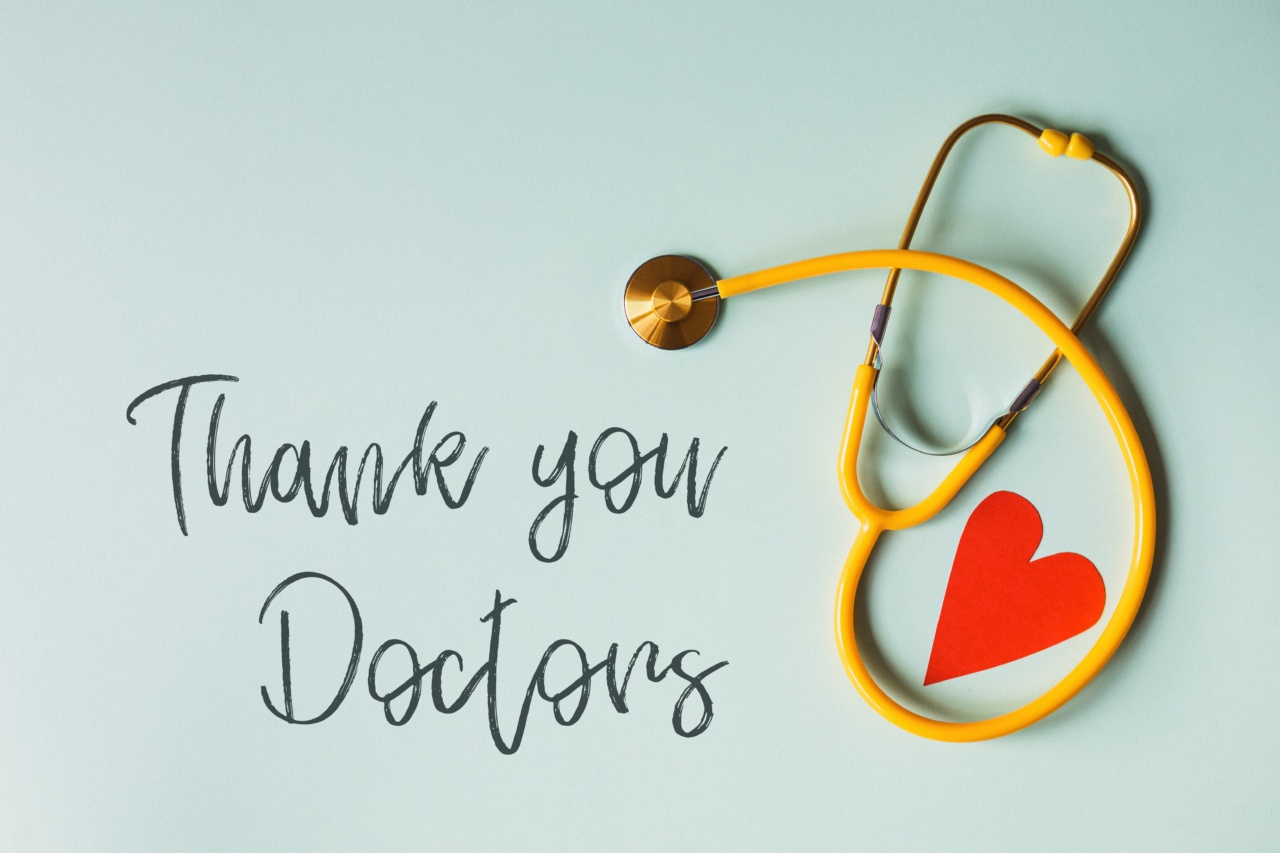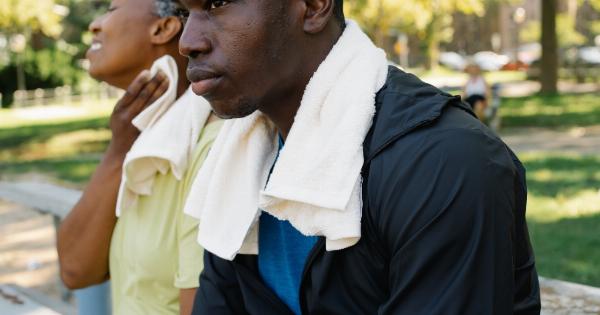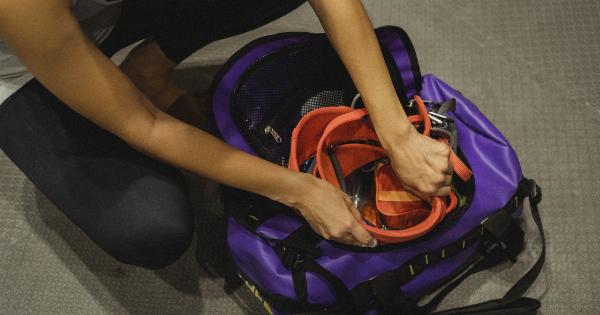Accidents happen all the time and depending on the type and severity of the injury, seeking proper medical advice is vital. Failing to do that can lead to serious consequences later.
Here is a guide on how to handle some common injuries and the recommended medical advice.
Cuts and Scrapes
If the injury is minor, you can wash the area thoroughly with soap and water before patting it dry. Apply an antibiotic cream or ointment on the wound to help prevent infection. You can then cover the area with a bandage or sterile gauze pad.
If the wound is deep or you are bleeding heavily, you should rush to the emergency room for a professional evaluation.
Burns
If the burn is mild, first run cool water over it for around ten minutes. Place a clean dressing over the burn and apply an antibacterial ointment to prevent an infection. You can ask a doctor for advice on which cream to use.
Pain management can be addressed through medication prescribed or recommended by the emergency medical practitioner.
If the burn is severe, causing blisters, charred or dry skin, seek medical attention immediately. Do not delay as this can increase the chances of infection as well as other related complications.
Broken Bones and Dislocations
If you believe you have fractured a bone or have a dislocation, check for signs of swelling and deformity. If you notice swelling and severe pain at the site of the injury, you should immobilize the area if possible.
You can use a sling to immobilize the arm or a cushion between the legs for dislocated hip. To keep the injured person comfortable, give pain medication per the recommendation of your healthcare provider, but avoid aspirin. Seek medical attention immediately and avoid moving the affected area until evaluated.
Head and Neck injuries
Head and neck injuries can be dangerous. It’s important to see a doctor as soon as possible if you or someone else injures their head or neck. After an injury, it’s important to watch for signs of possible concussion.
Symptoms include headaches, confusion, dizziness, sluggishness, and a feeling of pressure in the head. A critical sign to look out for is loss of consciousness. If any of these or other symptoms occur, don’t ignore them and seek medical attention immediately.
Bites and Stings
Bites and stings are common, and most are not serious. However, if you experience an allergic reaction or symptoms like fever, nausea, and significant swelling and redness, seek medical attention immediately.
Skin wounds caused by animal bites can be of significant concern, and antibiotics and tetanus shots may be listdened depending on severity.
Eye Injuries
If you get any particles in your eye, try to rinse them out with water. If the eye is red, has pain or swelling, or if a foreign object is embedded in your eye, seek medical attention immediately.
Heat Exhaustion and Heatstroke
Heat exhaustion and heatstroke are potentially life-threatening conditions, and immediate medical attention is required.
Signs of these conditions include – but are not limited to- nausea, vomiting, headaches, dizziness, confusion, and elevated body temperature. If you experience any of these symptoms, drink fluids and immediately see a doctor.
Choking
If a person is choking, do not attempt to give them anything to swallow as it can worsen the situation. Instead, give them a firm but careful blow on the back. If this doesn’t work, seek immediate medical attention.
It’s essential to provide accurate information to Emergency Medical Services(EMS) about what the person was choking on to ensure appropriate medical assistance.
Conclusion
Injuries can be life-altering, so it’s important to seek medical advice when needed. A small injury can become more severe without proper treatment.
Be completely transparent and provide accurate information to your doctor so, they can assist you in the best possible way. If you are unsure if you need medical treatment or not, it is advisable to get an evaluation from a medical professional.





























